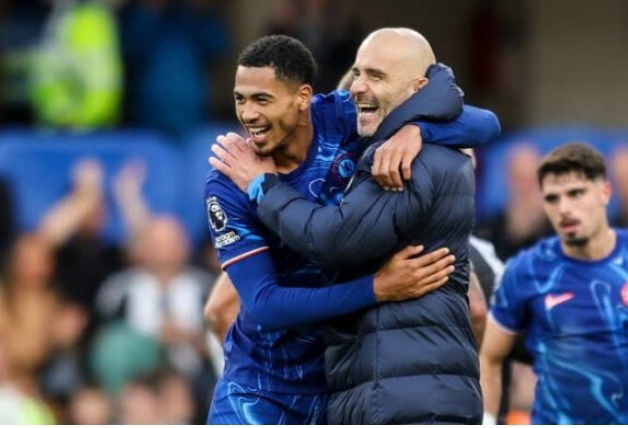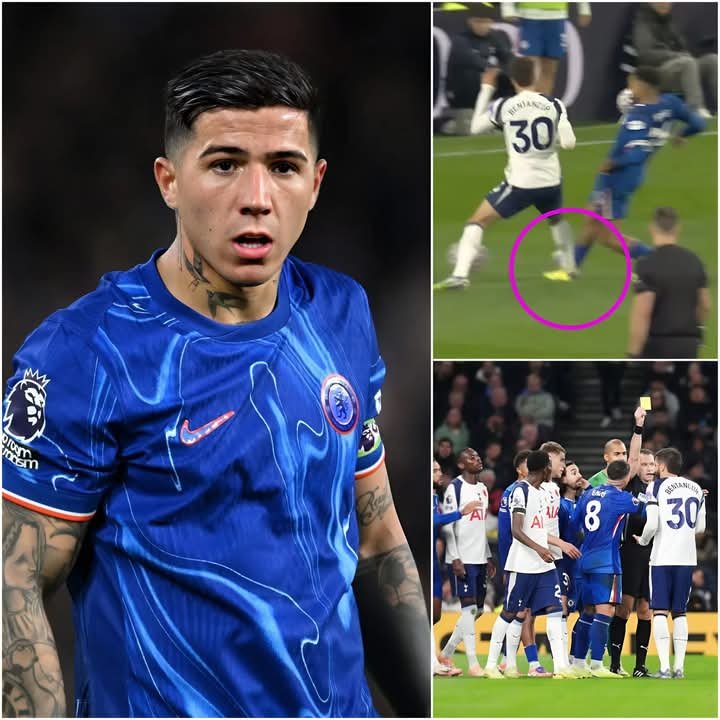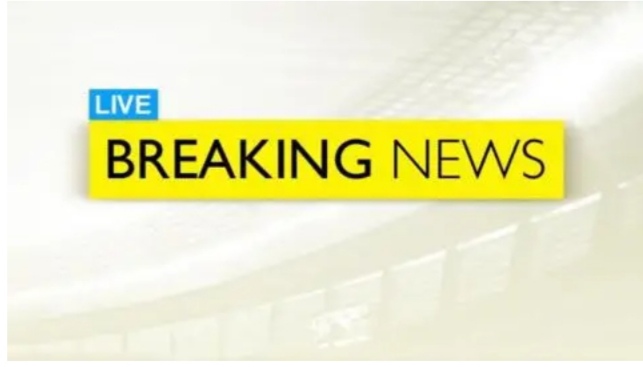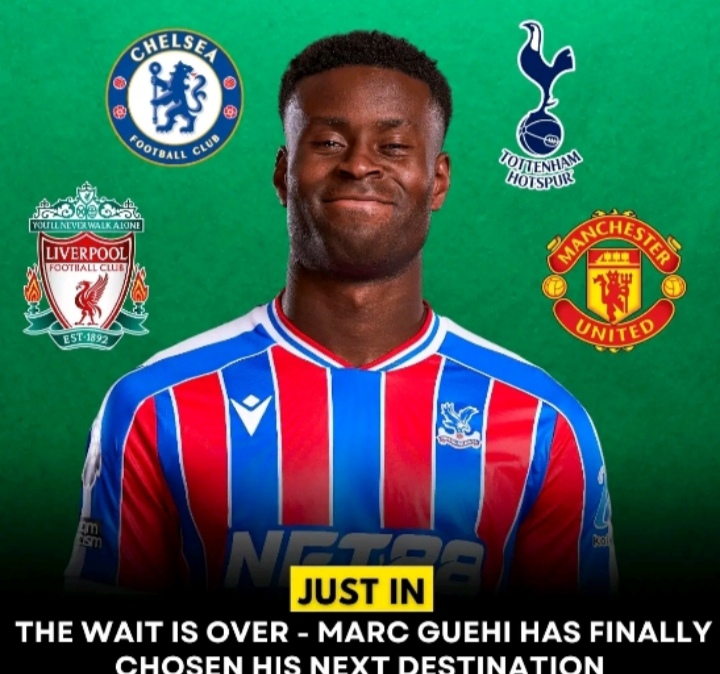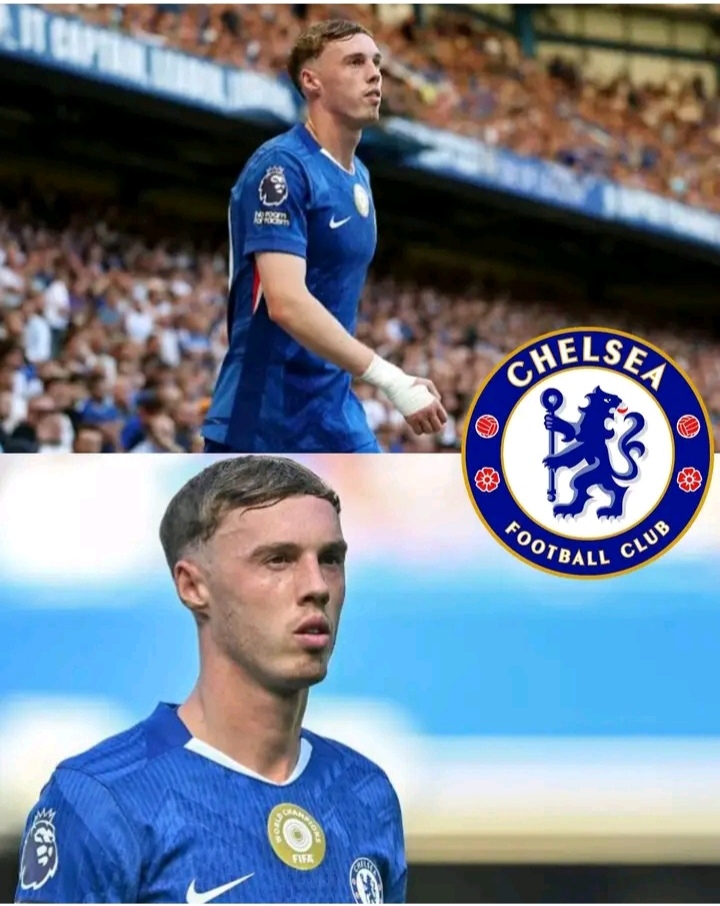Chelsea have been dealt a major blow ahead of the new season after Levi Colwill suffered a serious anterior cruciate ligament (ACL) injury in training, ruling him out for most of the 2025-26 campaign.
The setback has disrupted manager Enzo Maresca’s defensive plans, with the Italian urging the board to prioritize a new centre-back signing to preserve the team’s competitive edge. However, the hierarchy remains cautious, preferring to rely on existing squad options for the Premier League opener against Crystal Palace.
Colwill’s absence is especially damaging given his importance to Maresca’s system. The 22-year-old England international started 35 league games last season and was central to Chelsea’s build-up play, using his passing and composure to initiate attacks from deep. Maresca has described him as “fantastic” and admits the team’s structure will be severely affected without him.
Despite spending over £240 million this summer—mainly on attacking players such as Liam Delap, Joao Pedro, and Jamie Gittens—the club has resisted allocating further funds for defensive reinforcements. Targets like Xavi Simons and Alejandro Garnacho have dominated Chelsea’s transfer focus, underlining the board’s preference for offensive upgrades.
For now, Maresca will turn to Tosin Adarabioyo and Trevoh Chalobah to anchor the defense against Palace. Benoît Badiashile is unavailable until September, Wesley Fofana’s fitness remains uncertain, and promising youngster Josh Acheampong lacks experience at this level. Summer recruit Jorrel Hato is viewed more as a left-back, not a like-for-like Colwill replacement, leaving Maresca with limited trusted options.
Meanwhile, Chelsea continue to trim their squad. Nicolas Jackson, suspended for the Palace game, has been told he can leave amid interest from Newcastle and Serie A clubs. Renato Veiga is also expected to depart despite Colwill’s injury, highlighting the club’s determination to balance books through player sales.
Maresca’s comments point to a philosophical divide with the board. While he insists a specialist central defender is essential, the leadership remains confident in the squad’s depth. The tension underscores a broader question of strategy: immediate needs versus long-term planning.
As Chelsea kick off their campaign, Maresca faces the challenge of reshaping his defense without one of its key pillars. How he adapts—while managing growing friction with the board—could define both Chelsea’s season and his own future at the club.




